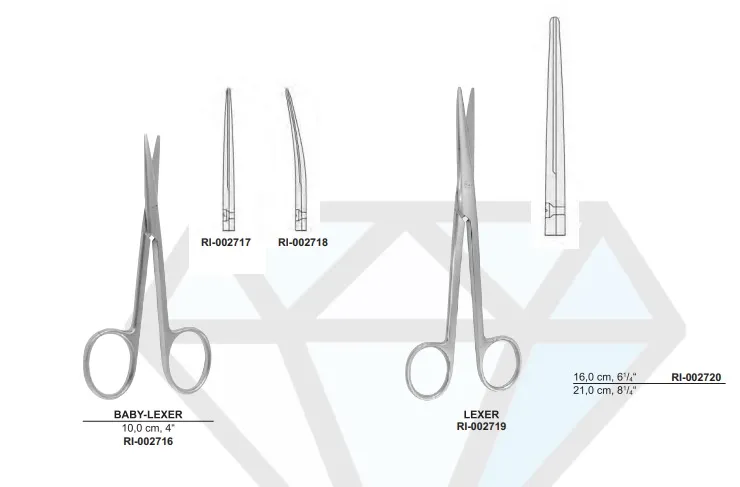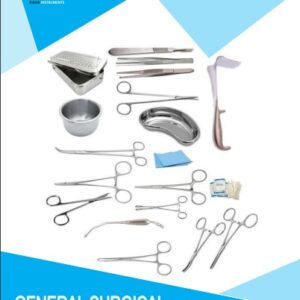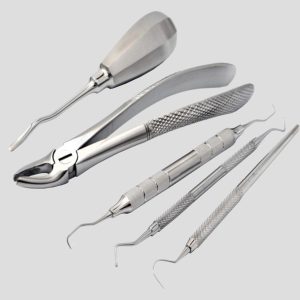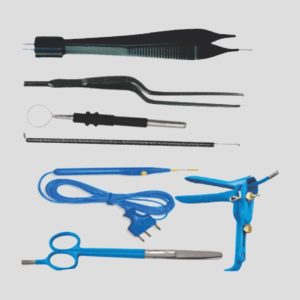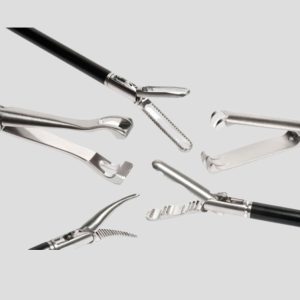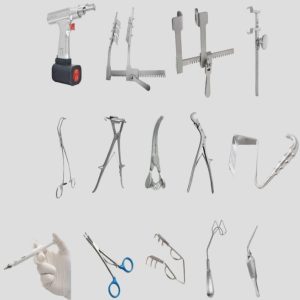From offices and dentists to clinics and hospitals, all health care environments should have medical scissors on hand. Among the several chores these instruments are available for are cutting sutures, dressings, bandages, and even flesh. The correct medical scissors you use for your company will greatly impact your patient care, speed of work, tool lifetime, and general state of affairs. With so many pairs to pick from, it might be difficult to decide which is best. The most crucial considerations you should give while selecting medical scissors for your company will be discussed in this post.
Understand the Uses of Medical Scissors
You have to first know what the proper pair of surgical scissors is available for before selecting them. There are several types of scissors for various purposes; employing the wrong type could waste time or perhaps endanger the patient. Some common varieties of medical scissors include the ones below:
- Suture scissors: These scissors are best to cut sutures. Their small, blunt end shields the surrounding tissue.
- Bandage scissors: One blade is arch away and the tip is soft. Hence they are perfect for cutting bandages and dressings without injuring oneself.
- Surgical Scissors: During surgery, tissue is slice through and objects are sewing up together with surgical scissors. Depending on the operation, they feature straight, curved, and angle blades among other forms.
- Mayo scissors: Best to cut through tougher tissues during surgery, these are bigger and more robust than ordinary scissors. Usually they feature either straight or curved blades.
- Iris scissors: Perfect for cutting delicate tissue or doing little stitches in microsurgery or eye surgery, they are tiny, fine scissors.
Consider the Nature of Each Scissor Material
The materials used in the knives greatly affect their lifetime, sharpness, and cleanliness ease as well as their durability. Medical knives crafted from several kinds of steel are available; most of them are composed of stainless steel. Two usually exist most of the time:
- Carbon Steel: Since they are extremely sharp, carbon steel scissors are frequently employed in delicate surgical operations. They are more likely to rust, though, if they are not properly cared for.
- Stainless Steel: Because it doesn’t corrode as readily, many medical instruments are fashioned of this metal. Often available in high-end varieties designed for surgical usage, stainless steel scissors are long-lasting, easy to clean, and durable.
You also should consider whether the tools have coatings. Certain medical knives are covered in titanium or other materials that extend their lifetime and reduce their likelihood of rusting, staining, or wear-through.
Choose Correct Shape and Size
Health care knives range in scale from little, roughly 3.5 inches, to huge, more than 7 inches. The hand size of the user and the nature of the work they will be doing should direct the scissors size selection. Cutting sutures and other tiny, intricate objects is best using small scissors (approximately 3.5 to 4 inches). For larger objects like bandages, larger scissors are more suited.
Comfort is really crucial, particularly for those who use scissors a lot and work in the healthcare industry. Search for scissors with handles meant to be simple to grip, therefore minimizing hand strain.
The form of the scissors’ blades makes them also quite handy. For cutting in a single line, for example, straight blades are ideal; when cutting around small objects, curved blades are simpler to move about. Because angled scissors don’t come into direct touch with the skin, people routinely cut bandages and patches with them.
Look for the Warning Indications
Safety comes first always in healthcare environments. Many scissors for surgery come with the safety elements in order to guard the patient as well as the user. Among these are:
- Blunt tips:Some scissors, such as bandage scissors, have blunt points to reduce the possibility of accidental cut or puncture of oneself.
- Locking mechanisms:Certain medical scissors feature a locking mechanism designed to close the blades while not in use. This prevents injuries to individuals.
- Handles non-slip:Particularly in damp or slippery conditions, handles with textured grips or rubber coats will enable you retain control.
These safety precautions in medical devices are absolutely crucial, particularly in cases when delicate work or on sick patients requires the scissors.
Appropriate Maintenance and Durability
Medical knives have to last when you sterilize them longer if you are using them regularly. Looking for scissors that will stay working over time without breaking or losing their edge is mostly dependent on durability. Clean the knives and make it germ-free if you want to maximize their use. Sharpen the medical scissors and store them routinely to maintain good form.
Considerations of Cost
Though quality should come first, cost is another factor to consider. Medical knives come in several brands, varieties, and materials with varied costs. The cost could be justified over time if costlier scissors are more exact, endure longer, and include additional safety features.






